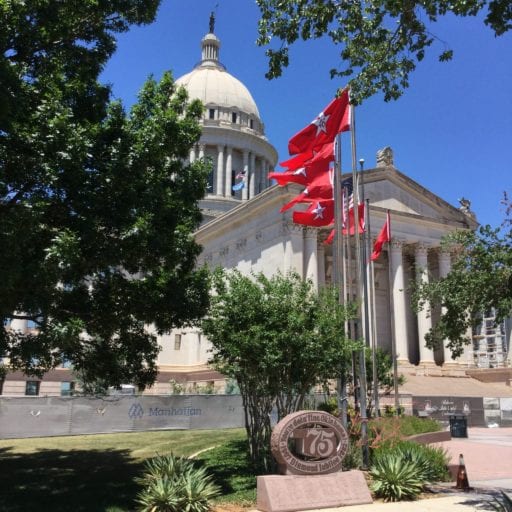BY DAVID PERRYMAN
 In 1978, a Texas doctor named Ron Thomas opened a restaurant that he named “The Fatted Calf.” The restaurant was somewhat unique in that the menus had no prices. Thomas’ idea was that each customer would pay according their own conscience and ability, as little or as much as they deemed fair and appropriate.
In 1978, a Texas doctor named Ron Thomas opened a restaurant that he named “The Fatted Calf.” The restaurant was somewhat unique in that the menus had no prices. Thomas’ idea was that each customer would pay according their own conscience and ability, as little or as much as they deemed fair and appropriate.
Under ideal circumstances, people of more limited means would pay what they could, even if their payment was less than the cost of the meal. Likewise, customers who were able would ideally pay a bit extra so that in the long run, everything would even out and the owner would gross enough in receipts to cover food costs, employee pay, overhead and maybe make a little profit.
Dr. Thomas’ Sanger, TX, “experiment” reflected the result that many other establishments using this “business model” find. Most report that on average they receive about 85% of what is needed to stay open and do not succeed without substantial financial subsidies.
Without delving into a dissertation on the psychology of customers or their economic habits, the owner of The Fatted Calf confirmed that it is imperative to recognize the actual cost of delivering a quality meal before establishing retail prices. Otherwise, it is possible that revenue will not cover expenses.
With full realization that a free enterprise business model does not directly translate into the delivery of government services, there are basic elements that alike and some that are very different.
Both have costs that are related to the number of “customers” that they must serve. However, a restaurant has the ability to limit the number of meals that it will serve. If business is good, a baker may purchase additional flour and more ovens in anticipation of receiving more revenue and hence a larger profit.
Unfortunately, public schools do not have the ability to turn away “customers” and despite the fact that there were 645,000 students in 2008 and 695,000 a decade later, the 8% increase has not equated to an 8% increase in funding.
Instead, per student funding of Oklahoma’s K-12 education formula is down by 22.8% since 2008. The percentage cut in Oklahoma is the largest of any state. According to the Oklahoma Policy Institute, it works out to a decrease of $810 per student, adjusted for inflation.
Also woefully underfunded is the Oklahoma Department of Corrections which is currently at 109% of capacity and clipping along incarcerating women at the highest rate in the country and in third place with men, needing $1.6 billion to pay its bills.
These are but two examples of a lack of government revenue. Mental health care and a myriad of other core government services must also be funded.
When I was first elected to the House of Representatives, Zero-Based Budgeting was all the rage. Legislators and the lobbyists whose money elected them went on and on about how each agency’s budget should be stripped down to zero and built back each year so that we would really know the cost of government services.
After one or two agencies were reviewed, it became very apparent that building a budget based on need was not the cost saver that it claimed to be.
As it became undeniable that Oklahoma had a revenue problem, the oil and gas industry “stepped up” to “offer” a generous 4% gross production tax to “solve” the problem. In truth, they realized that Oklahomans had become aware of 10 years of tax cuts, tax breaks and incentives that had cost the state over $1 billion per year.
Fearing public outcry for a restoration to the historical 7% GPT rate, the industry is attempting to “name its own tax rate.”
As citizens, we dutifully pay our taxes and want those taxes to be used for services to the citizens of Oklahoma. None of us necessarily like taxes, but there is a fundamental unfairness that a single industry and its shareholders deem themselves worthy to “set their own rate” simply because they exercise greater political clout than working Oklahomans.
The Fatted Calf failed because it gave away its revenue. Oklahoma, too, will fail if it continues to allow billion-dollar industries to drain the state’s coffers to the detriment of working Oklahomans and our children. – David Perryman, a Chickasha Democrat, represents District 56 in the Oklahoma House








